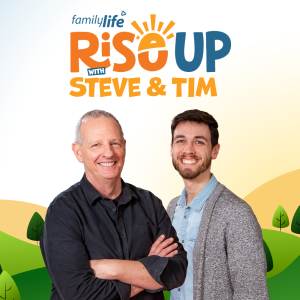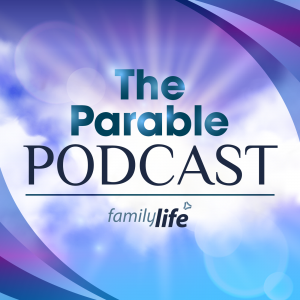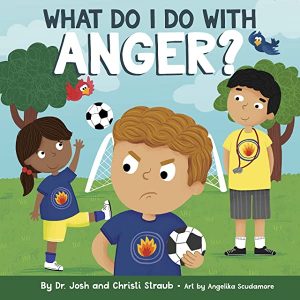Inside Out – You Really Have the Time
Podcast: Play in new window | Download (Duration: 6:05 — 8.4MB)
Subscribe: Apple Podcasts | Android | Email | RSS
Your life is probably not too busy to fit in prayer, Bible reading, or another of the disciplines that draw us closer to God.
“We all the time think: ‘Oh well, at the end of the day I just didn’t have time to read my Bible today,’ or, ‘I just didn’t have time to pray today.’ And we thought, ‘I wonder how much time it actually takes to do those things?’”
The “we” Megan Evans Hill is referring to is Hill and her co-author Sarah Eekhoff Zylstra, who pulled out their stopwatches and reported what they learned in the Gospel Coalition article “Build Spiritual Habits in Just a Few Minutes.”
“We timed ourselves to see exactly how long that thing would take, so that then, when we were planning our days, we would have a realistic sense of, ‘You know, actually I do have five minutes. I could do one of these things,’” Hill says in our six-minute podcast.

 So we actually can include what we say are our priorities in our day-to-day lives.
So we actually can include what we say are our priorities in our day-to-day lives.
“For example,” the book author and managing editor for The Gospel Coalition says, “there are something like 10 books of the Bible that you can read in 10 minutes, which is the same amount of time that it takes to make a cup of tea or take a shower.”
And today is as good a day to start as any.
“You can start with some things that take very little time. Praying for someone can take as little as 30 seconds. Or reading one Bible verse can take less than 30 seconds. So start with those little things,” she says.
What’s stayed with Hill most significantly after writing the article is not how much she can include in her days, but how much she can be used to add to the lives of others.
“Part of what has really stuck with me is how little time it takes to do good to someone else, as well. And so, not just me reading the Bible, me praying, but going, ‘Hey, if I’ve got time to do a few things for myself, I probably have time to do a few things that would encourage others also.’”
Read the article that inspired our conversation here.









 “Especially during the holiday season, a lot of people with cancer are reluctant to ask for help because they don’t want to inconvenience us,” she says.
“Especially during the holiday season, a lot of people with cancer are reluctant to ask for help because they don’t want to inconvenience us,” she says.  God’s people are called to unity, which is not the same as uniformity.
God’s people are called to unity, which is not the same as uniformity.  Dr. Josh Straub and his wife Christy Straub want to help children learn that early. The Straubs are
Dr. Josh Straub and his wife Christy Straub want to help children learn that early. The Straubs are  Listening, Straub says, will be key to discovering and naming that feeling.
Listening, Straub says, will be key to discovering and naming that feeling.  We can return to building disciples relationally, the way Jesus did, helping believers see the importance and cost of commitment. But making the change to labor-intensive disciple-building will take time.
We can return to building disciples relationally, the way Jesus did, helping believers see the importance and cost of commitment. But making the change to labor-intensive disciple-building will take time.  Discernment
Discernment Many who choose abortion are poor or alone, overwhelmed, unsupported, or in fragile health. Bringing a baby to term can make any of those circumstances more difficult.
Many who choose abortion are poor or alone, overwhelmed, unsupported, or in fragile health. Bringing a baby to term can make any of those circumstances more difficult. 